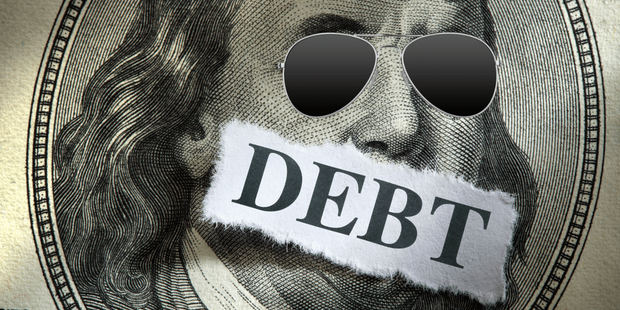Why Hidden Debt Is More Than a Money Problem
Imagine this: You and your partner are applying for your first home together. You’re excited, you’ve found the perfect place, and the lender starts running the numbers. That’s when you hear it, your partner’s credit score is way lower than you thought. Then comes the shock: they have tens of thousands in debt you never knew about.
That moment doesn’t just hurt your home buying plans. It shakes the foundation of your trust.
Hidden debt in a relationship isn’t just a financial issue, it’s a relationship red flag. And the truth is, it’s more common than many couples realize.
This guide will help you:
- Recognize the signs of hidden debt early
- Understand why people hide debt in the first place
- Open up honest conversations without starting a fight
- Protect your finances and your future together
This is part of our Financial Compatibility in Relationships Guide, where we help couples align their money values, avoid financial infidelity, and build a lasting financial partnership.
Why People Hide Debt
Hidden debt doesn’t always come from malicious intent. Sometimes it’s rooted in:
- Shame or embarrassment about past financial mistakes
- Fear of judgment from their partner
- Different money values or priorities
- Avoidance behavior, hoping the debt will somehow just“go away”
Example:
A partner racks up credit card debt while starting a business but hides it because they fear you’ll see it as reckless instead of entrepreneurial.
Understanding why debt is hidden is key to addressing it without letting resentment take over.
Related reading: What Is Financial Infidelity and How to Address It
Signs Your Partner Might Have Hidden Debt
Hidden debt leaves clues. Some are subtle, others are hard to miss.
1. Avoidance of Money Conversations
If your partner changes the subject every time finances come up, there might be something they don’t want to reveal.
2. Defensive Reactions
Overly defensive responses to simple financial questions can be a sign of guilt or fear of being “found out.”
3. Missing Bills or Collection Calls
You notice calls from numbers they don’t answer, or unopened letters that look like they’re from lenders.
4. Lifestyle vs. Income Mismatch
They spend freely but their income doesn’t seem to match their lifestyle.
5. Credit Score Surprise
You discover a much lower score than they’ve suggested in the past.
💡 Pro Tip: These signs don’t automatically mean your partner has hidden debt—but they are worth paying attention to and discussing.
Related reading: 5 Financial Red Flags That Could Ruin a Marriage
How to Bring Up the Conversation
The goal is to create an environment where your partner feels safe being honest. Here’s how:
Step 1: Choose the Right Time
Avoid starting the conversation during a fight or when you’re both stressed.
Step 2: Focus on the Future
Frame it around shared goals: “If we’re planning for a home, I think it would help to lay everything out, debts, and savings so we know where we stand.”
Step 3: Be Transparent First
Share your own debts and financial obligations openly. Vulnerability invites vulnerability.
Step 4: Agree on Full Disclosure
Commit to listing all accounts, balances, and loans no matter how small.
Steps to Protect Yourself Financially
Even in the healthiest relationships, protecting your financial well-being is essential:
- Get Your Own Credit Report
Review your credit file regularly so you know where you stand—and so you can catch any debts linked to your name. - Consider Separate Credit Accounts
Until trust is rebuilt, keep your credit separate to avoid being liable for their debts. - Create a Debt Payoff Plan Together
If they’re willing to work on it, set milestones and track progress. - Set Boundaries on Joint Spending
Agree on what expenses require mutual approval. - Seek Professional Support if Needed
A financial coach or counselor can help navigate both the emotional and practical sides of debt.
Related reading: Budgeting for Two: A Step-by-Step Guide for Couples
Rebuilding Trust After Hidden Debt
Trust isn’t rebuilt overnight. But consistent transparency, progress on debt repayment, and regular check-ins can restore confidence.
Story:
One couple I coached had $25,000 in hidden credit card debt surface six months into their marriage. They started weekly money meetings, paid it down over two years, and now feel more financially united than ever.
Honesty Is the Best (and Only) Policy
Hidden debt in a relationship can damage trust, derail financial plans, and create long-term resentment. But if both partners commit to transparency and a plan, it’s possible to turn the situation into a shared victory.
Next Step:
📥 Download our Financial Compatibility Checklist to uncover potential money issues before they become relationship problems.
For members: Infinite Investor Premium includes our Debt Transparency Toolkit, conversation scripts, full financial disclosure templates, and debt payoff planning worksheets to help you start fresh together.





